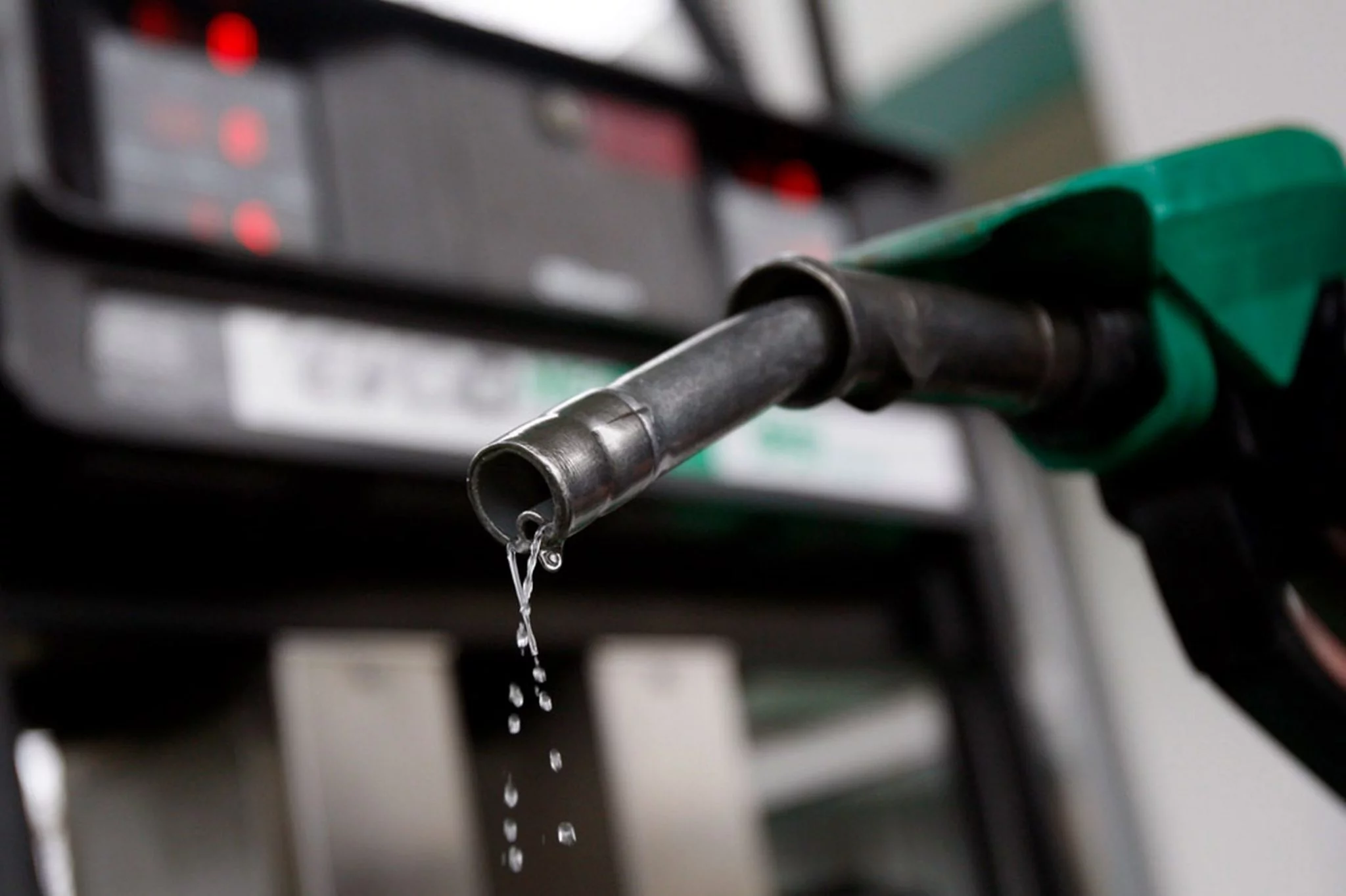Headlines
NLC Threatens an Indefinite Strike and Warns FG Against Another Fuel Price Increase

Since President Bola Tinubu’s proclamation that “fuel subsidy is gone” on May 29, the Federal Government-owned NNPCL has regularly raised the price of petrol at the pump.
NLC Threatens an Indefinite Strike and Warns FG Against Another Fuel Price Increase Since President Bola Tinubu’s proclamation that “fuel subsidy is gone” on May 29, the Federal Government-owned NNPCL has regularly raised the price of petrol at the pump. In the midst of ongoing negotiations with the government, the leadership of the Nigeria Labour Congress (NLC) has threatened to go on an indefinite nationwide strike if the Federal Government approves another increase in the price of gasoline.
Since President Bola Tinubu’s announcement that “fuel subsidy is gone” on May 29, the Nigerian National Petroleum Company Limited (NNPCL), which is owned by the Federal Government, has frequently raised the price of Premium Motor Spirit (PMS), or petrol, at the pump.
Prices surged from about N185 to about N500 and then up to N617 last month. The African Alliance of Trade Unions Executive Meeting in Abuja was where the NLC gave the warning on Monday during a speech by its president, Joe Ajaero.
It seems like you’ve provided a passage discussing various topics related to economic and political issues in Nigeria and the West African region. The passage touches on the following points:
Gasoline Price Increase: There is a debate about raising the price of gasoline items at the pump.For those who depend on petrol for transportation and other uses, this may have economic repercussions.
Ministry of Labour and Ministry of Justice: There’s a mention of the Ministry of Labour seeking injunctions from the Ministry of Justice to prevent labour responses or protests. This suggests a possible conflict between labour groups and the government or employers.
Labour’s Response: The passage suggests that if the consequences of the previous price increases are not addressed, there might be strong opposition from Nigerian workers. It seems like the workers may not have provided any prior notice before taking action.
Participants from other countries included labour executives or representatives from Ghana, Kenya, Senegal, and South Africa. This could indicate a regional or international perspective on the labour and economic issues discussed.
ECOWAS and Niger Republic: The passage mentions cautioning the Economic Community of West African States (ECOWAS) leadership against deploying troops to the Niger Republic in an attempt to restore democracy. This suggests concerns about political stability in the region.
Overall, the passage seems to discuss a complex mix of economic, labour-related, and political matters within Nigeria and its broader regional context. If you have specific questions or if you’d like me to elaborate on any particular aspect, please feel free to ask.
